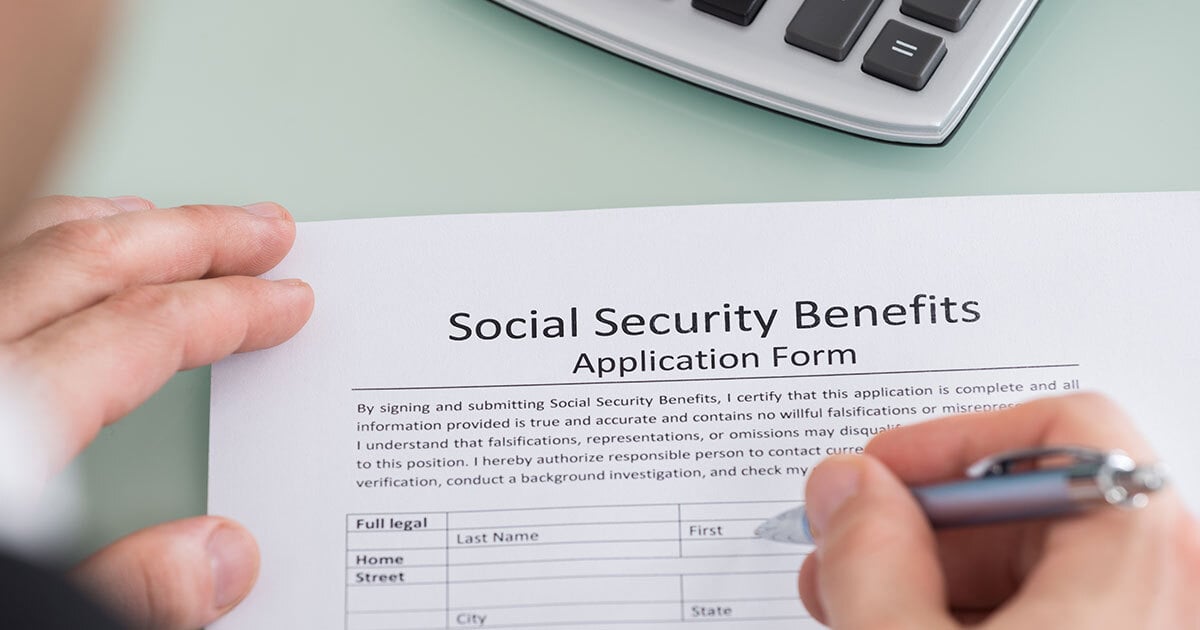Introduction
Getting a grip on Social Security benefits can be tricky, especially when you need that financial boost. But don’t worry, we’ve got you covered! This guide is here to clarify things and give you a helping hand. Whether you’re getting ready to retire, dealing with a disability, or coping with a family loss, it’s super important to know about Social Security benefits. Let’s break it down together, step by step.
What Are Social Security Benefits?
Think of Social Security as a helping hand from the government, not just for your golden years. It’s a bunch of programs rolled into one. You’ve got your retirement benefits, disability benefits for those who can’t work, survivors’ benefits to help families of those who’ve passed away, and Supplemental Security Income (SSI) for older folks or people with disabilities who are tight on cash. These benefits are about giving you and your family a financial safety net when needed.
Eligibility Criteria

Figuring out if you qualify for Social Security benefits is quite anxious if you don’t know the criteria. If you’re looking at retirement benefits, it’s all about how long you’ve worked and the credits you’ve earned. For disability benefits, it depends on how severe your condition is and whether you can work. Survivors’ benefits might be an option if you’ve lost a family member who worked. And SSI? That’s for older adults or disabled folks who are strapped for cash. Getting to know these rules can help you out.
Applying for Social Security Benefits

Applying for these benefits is easier than you might expect. You just need to be ready with some important stuff like your Social Security number, birth certificate, and details about where you’ve worked. You can complete an application online, call them, or visit a local Social Security office. The key is to be accurate with your information to avoid any hiccups. And remember, it’s okay to ask for help if you need clarification on something in the application.
Understanding Your Social Security Benefits
Figuring out your Social Security benefits can feel like a puzzle, but knowing a few key pieces is just a matter. Your benefits are based on your earnings over your career – the more you’ve earned and the longer you’ve worked, the higher your benefits. To get a clear picture, look at your Social Security statement. This statement shows how much you’ve earned each year and estimates your monthly benefits when you retire or become disabled. You can find your statement online at the Social Security Administration (SSA) website
Maximizing Your Benefits
Who doesn’t want to get the most out of their Social Security benefits? Here’s a tip: the age you retire can make a difference. If you retire early, at 62, you’ll get benefits sooner, but they’ll be lower than if you wait. Every year you delay, up until age 70, your benefits grow. It’s like waiting for a cake to bake – more time can improve it.
Strategies for Increasing Your Benefits
Let’s discuss how you can maximize your Social Security benefits. Think of it like this: your Social Security is like a savings jar that gets fuller the longer you wait to open it. The magic number here is 70. If you can hold off on dipping into your Social Security until you’re 70, you’re looking at a more significant amount in your monthly check. It’s like giving your future self a high five with extra cash. If you don’t need the money immediately, giving it time to grow can make a noticeable difference.
Early Retirement vs. Delaying Benefits

When you hit 62, you might be tempted to start cashing in on your Social Security. It’s like seeing a fresh pizza and wanting a slice right away. But here’s the catch: if you start taking your Social Security at 62, your monthly piece of the pie gets smaller. It’s a waiting game. Your full retirement age – that’s the age when you can get your full benefits – depends on when you were born. It’s usually around 66 or 67. If you can hold off until then, or even longer, you’re looking at a more generous monthly slice. It’s all about weighing up whether you want a smaller or more significant amount later.
Grants and Additional Assistance Programs
Need extra help? There are grants and programs for housing, medical bills, and education. While Social Security covers retirement and disability, these grants can cover other needs. You can look for housing assistance programs at the Department of Housing and Urban Development (HUD), check for healthcare grants at HealthCare.gov, and find educational grants through the Department of Education. It’s worth exploring these to get the support you need.
Common Challenges and Solutions
Running into problems with your Social Security application or benefits is pretty standard, but don’t worry – there are ways to fix them. If you’re stuck or something doesn’t seem right, your first stop should be the local Social Security office. They can often sort things out. Also, don’t forget about legal aid organizations that offer free advice, especially if you’re dealing with a denied claim or other serious issues.
Staying Informed: Important Resources and Links
Staying on top of your Social Security benefits is critical; luckily, there’s a lot of good info out there. First, the official Social Security website (ssa.gov) is your go-to spot. It’s packed with everything you need to know – details about your benefits and how to apply.
But it’s more than just government sites that can help. There are loads of non-profit organizations and support groups out there. They offer advice, answer questions, and sometimes even help you fill out forms. Look for groups that specialize in retirement planning or disability support. A quick online search for “Social Security help” or “retirement planning support” can point you in the right direction.
Conclusion
Alright, wrapping this up, the big message here is: You’ve got this! Social Security benefits might seem complex, but you can handle it with the correct information and patience. Remember, it’s all about taking one step at a time and not being afraid to ask for help when needed.
Whether looking forward to retirement, dealing with a disability, or sorting things out for your family, knowing your way around Social Security is super important. And remember, there are plenty of resources and people ready to help you along the way. So take a deep breath, roll up your sleeves, and dive in – your future self will thank you!




